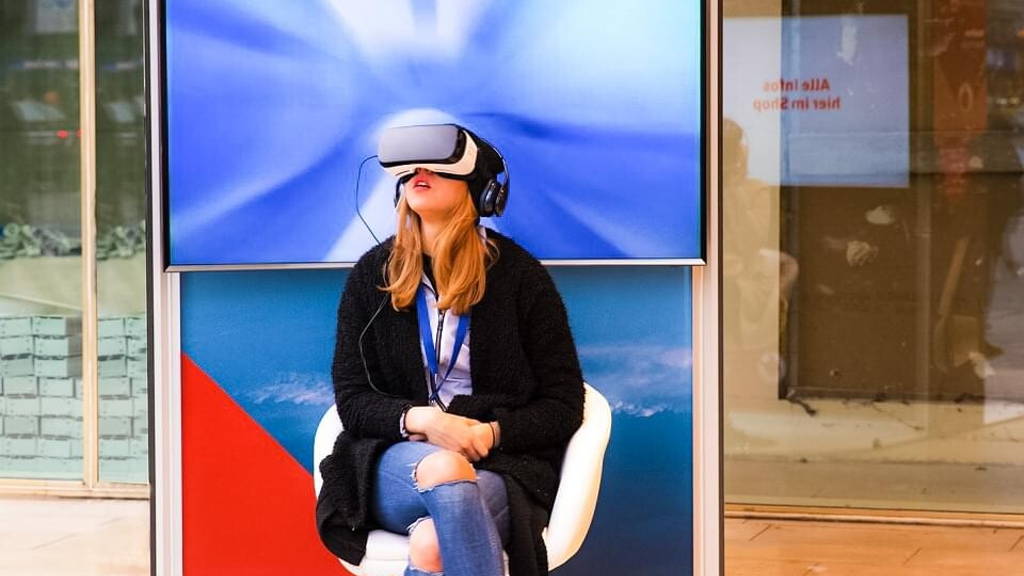VR has brought a range of new services into the healthcare industry. The immersive experience provided by VR is being used in a variety of healthcare and medical applications ranging from pain and stress management therapy to medical training and surgical preparations. VR is deployed in four key medical and healthcare segments: therapy, training, surgery related applications, and medical research.
Healthcare organizations, physicians, and governments are working towards deployment of VR as they recognize the effectiveness of VR in healthcare. Recent developments include:
• Food and Drug Administration’s (FDA) approval of MindMaze’s VR rehabilitation platform.
• Kortex’s stress and sleep management VR platform.
• EyeSync eye movement tracking system using VR.
Medical training and surgical training programs are another VR segment in healthcare with high growth potential. VR simulated training programs have proved their efficiency in training medical students and surgeons. VR provides a realistic environment, multiple repetitions for practice, and saves costs by reducing the number of trainers required. The number of hospitals and medical institutions that are considering deploying VR in training students and professional is constantly increasing.
Despite deployments of VR in surgical applications such as surgical preparation, many professionals believe that surgical applications require very high demand in accuracy, and realistic simulations. The current VR quality may not be enough to provide such demands for complicated applications like surgery, however, VR works efficiently in therapeutic and training applications.
Therapeutic applications most common
Currently, therapeutic applications are the most commonly deployed and tend to focus on medical therapies that either require the supervision of therapist or physician, for example therapy for post-traumatic stress disorder (PTSD) or non-medical therapies that the don’t require professional supervision, for example, sleep management VR applications. Many healthcare facilities have trialed immersive VR simulations to treat patients with anxiety, PTSD, pain management, and neuro-recovery.Healthcare organizations, physicians, and governments are working towards deployment of VR as they recognize the effectiveness of VR in healthcare. Recent developments include:
• Food and Drug Administration’s (FDA) approval of MindMaze’s VR rehabilitation platform.
• Kortex’s stress and sleep management VR platform.
• EyeSync eye movement tracking system using VR.
Growth in consumer segment
“Non-medical therapeutic applications which usually don’t require strict regulations compared to medical therapies are growing in the consumer segment too,” notes Khin Sandi Lynn, industry analyst at ABI Research. “VR applications such as smoke cessation, sleep management, stress management, and memory improvement for the elderly are increasingly used by consumers for their general health.”Medical training and surgical training programs are another VR segment in healthcare with high growth potential. VR simulated training programs have proved their efficiency in training medical students and surgeons. VR provides a realistic environment, multiple repetitions for practice, and saves costs by reducing the number of trainers required. The number of hospitals and medical institutions that are considering deploying VR in training students and professional is constantly increasing.
Despite deployments of VR in surgical applications such as surgical preparation, many professionals believe that surgical applications require very high demand in accuracy, and realistic simulations. The current VR quality may not be enough to provide such demands for complicated applications like surgery, however, VR works efficiently in therapeutic and training applications.






